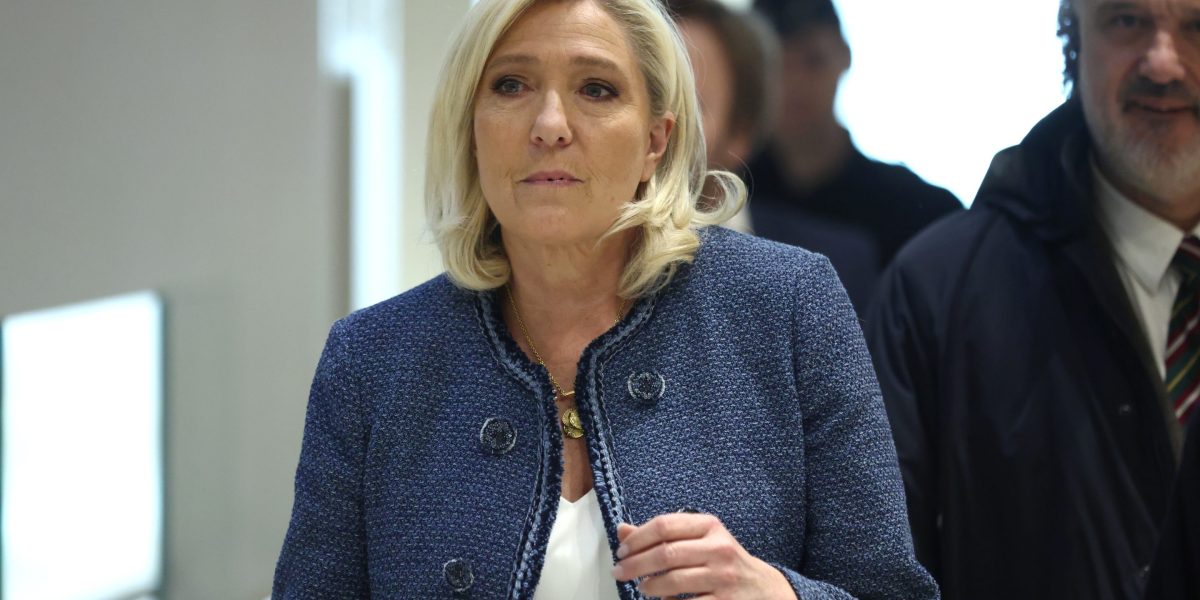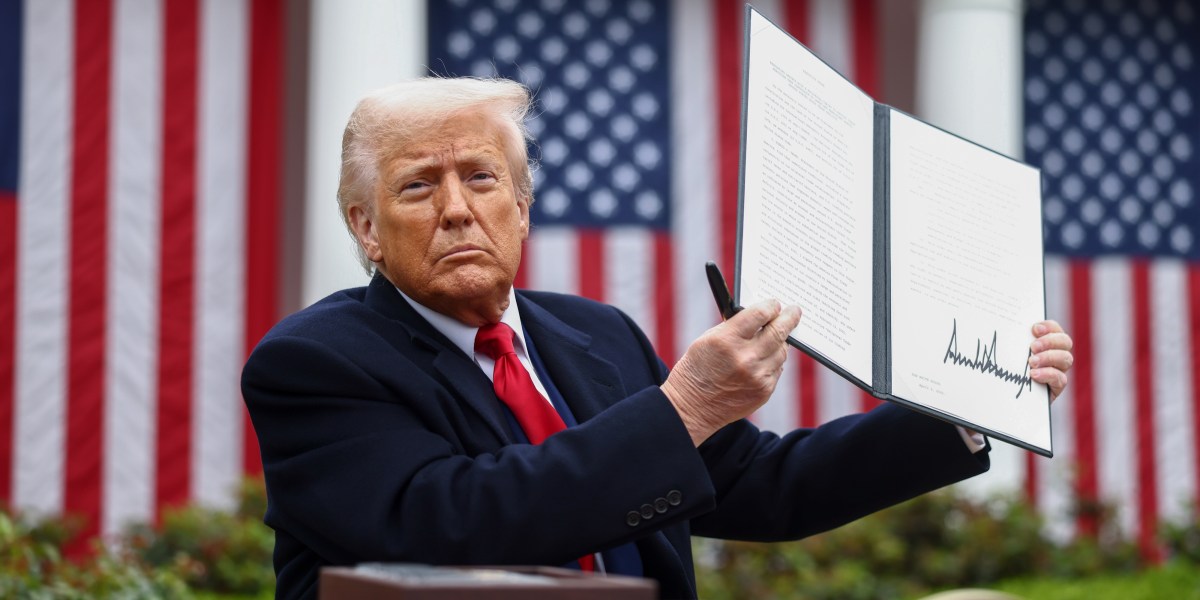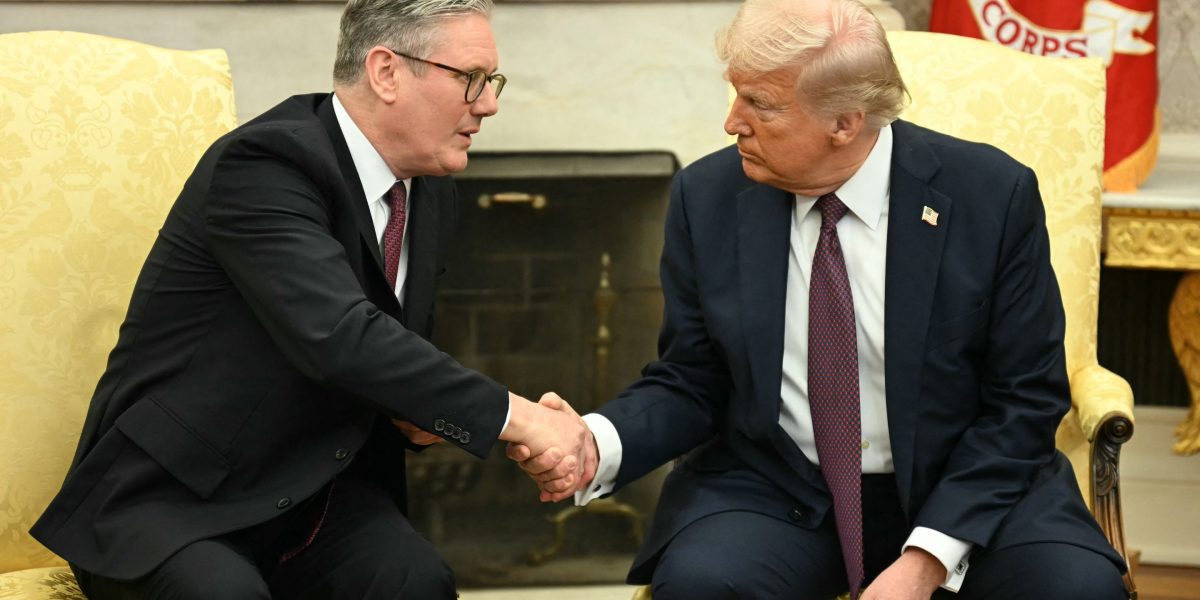A French court on Monday sentenced far-right leader Marine Le Pen to a five-year ban on running for office with immediate effect, throwing into doubt her bid to stand for president in 2027.
The judge also gave her a four-year prison term, which is to be served with an electronic tag, drawing immediate criticism from her party and other far-right leaders.
Including 56-year-old Le Pen, nine figures from her National Rally (RN) party were convicted over a scheme where they took advantage of European Parliament expenses to employ assistants who were actually working for the party.
Twelve assistants were also convicted of concealing a crime, with the court estimating the scheme was worth 2.9 million euros.
All the RN officials including Le Pen were banned from running for office, with the judge specifying that the sanction should come into force with immediate effect even if an appeal is lodged.
“The court took into consideration, in addition to the risk of reoffending, the major disturbance of public order if a person already convicted… was a candidate in the presidential election,” said presiding judge Benedicte de Perthuis.
Three-time presidential candidate Le Pen, who scents her best-ever chance of winning the French presidency in 2027, has vehemently denied any wrongdoing.
She left the courtroom after her conviction and this sanction were announced, but before the judge announced rulings on a potential prison sentence and fine, an AFP correspondent said.
Le Pen said in a piece for the La Tribune Dimanche newspaper published on Sunday that the verdict gives the “judges the right of life or death over our movement”.
Young pretender
With her RN emerging as the single largest party in parliament after the 2024 legislative elections, Le Pen believed she has the momentum to finally take the Elysee in 2027 on the back of public concern over immigration and the cost of living.
Polls currently predict that she would easily top the first round of voting and make the second round two-candidate run-off.
The reaction from Moscow to the verdict was swift. “More and more European capitals are going down the path of violating democratic norms,” Kremlin spokesman Dmitry Peskov told reporters.
“Je suis Marine!” (“I am Marine”), wrote Hungarian Prime Minister Viktor Orban, one of her main allies in the EU, on X in support.
Waiting in the wings is her protege and RN party leader Jordan Bardella, just 29, who is not under investigation in the case.
Bardella, reacting to the verdict, said French democracy was “executed” with the “unjust” verdict.
In a documentary broadcast by BFMTV late on Sunday, Le Pen for the first time explicitly gave her blessing to Bardella becoming president. “Of course he has the capacity to become president of the republic,” she said.
But there are doubts even within the party over the so-called “Plan B” and whether he has the experience for a presidential campaign.
‘Very upset’
Le Pen took over as head of the then-National Front (FN) in 2011 but rapidly took steps towards making the party an electoral force and shaking off the controversial legacy of its co-founder and her father Jean-Marie Le Pen, who died earlier this year and who was often accused of making racist and anti-Semitic comments.
She renamed it the National Rally and embarked on a policy known as “dediabolisation” (de-demonisation) with the stated aim of making it acceptable to a wider range of voters.
Prosecutors accused the party of easing pressure on its own finances by using all of the 21,000-euro monthly allowance to which MEPs were entitled to pay “fictitious” parliamentary assistants, who actually worked for the party in France.
And prosecutors argue that its “organised” nature was “strengthened” when Marine Le Pen took over as party leader in 2011.
Given her current popularity, even some opponents have expressed discomfort over the prospect of Le Pen not making it to the starting line of an election.
“There are a very significant number of our fellow French citizens who identify with Marine Le Pen’s words and her struggle, and personally I would be very upset, to put it mildly, if she were unable to run to represent them,” France’s former EU commissioner Thierry Breton told French television at the weekend.
This story was originally featured on Fortune.com
Source link


 Entertainment8 years ago
Entertainment8 years ago
 Politics8 years ago
Politics8 years ago
 Entertainment8 years ago
Entertainment8 years ago
 Entertainment8 years ago
Entertainment8 years ago
 Tech8 years ago
Tech8 years ago
 Tech8 years ago
Tech8 years ago
 Tech8 years ago
Tech8 years ago
 Politics8 years ago
Politics8 years ago






